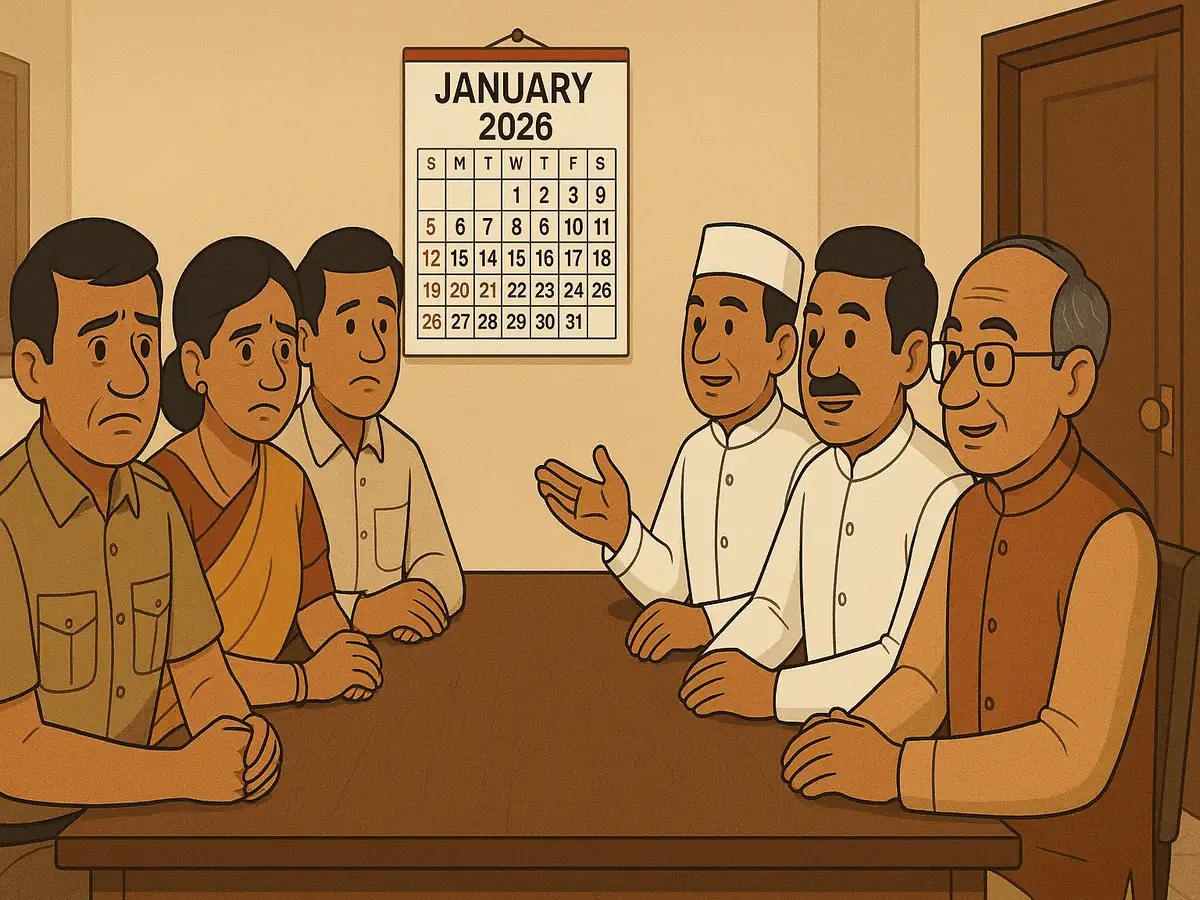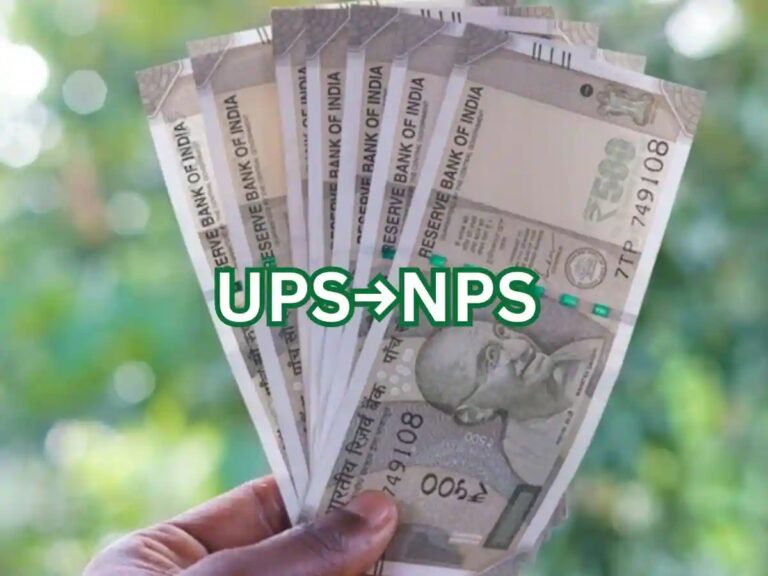
Uncertainty Lingers as 8th Pay Commission Delay Continues
The 8th Pay Commission, which could potentially reshape the financial landscape for nearly 35 lakh central government employees and over 67 lakh pensioners, remains shrouded in uncertainty. Despite growing anticipation for potential salary hikes and pension revisions, the government has yet to formally announce the commission’s formation. This delay has left both active employees and retired pensioners in a state of limbo, with many questioning when the long-awaited reforms will materialize. Employee unions have raised concerns about the prolonged timeline, emphasizing the need for transparency and timely implementation to avoid further financial instability for the workforce.
Bureaucratic Hurdles and Fiscal Constraints
Senior officials have confirmed that internal discussions are ongoing, but the bureaucratic machinery is moving at a sluggish pace. Historical data suggests that the 8th Pay Commission’s recommendations may take 18-24 months to materialize after its formation, pushing the implementation timeline well beyond the initially projected January 2026 deadline. Even if the commission is announced by year-end 2025, the actual salary adjustments could be delayed until late 2026 or early 2027. This prolonged process is compounded by fiscal constraints, as the government must balance the financial implications of large-scale salary revisions with existing budgetary limitations.
Fitment Factor and Salary Revisions
A critical component of the proposed reforms is the fitment factor, which will determine the extent of salary adjustments. Experts suggest the factor could range between 25-35%, potentially pushing minimum salaries to Rs 40,000-45,000. However, the exact calculation remains unclear, with stakeholders awaiting detailed guidelines. The fitment factor is expected to address the long-standing issue of stagnant wages, though its implementation will require careful calibration to ensure equity across different job categories and seniority levels.
Dearness Allowance and Pension Adjustments
The merger of Dearness Allowance (DA) into the basic pay structure is another key aspect of the reforms. This change aims to provide more stable income for employees by integrating inflation adjustments directly into their salaries. For pensioners, the revision of pension calculation formulas is expected to significantly impact monthly payouts, particularly as the government seeks to align retirement benefits with current economic conditions. Retired employees’ associations are urging the government to provide clarity on how pension recalculations will be conducted to ensure fairness and transparency.
Preparing for the Future
While the exact timeline remains uncertain, one thing is clear: a comprehensive revision of the pay structure is inevitable. Central government employees and pensioners are advised to stay informed about official updates and prepare for potential changes in their financial planning. The delayed implementation underscores the complexity of balancing fiscal responsibility with the need for equitable compensation for public sector workers. As the government navigates these challenges, the focus will remain on delivering sustainable reforms that address both immediate financial concerns and long-term economic stability.



